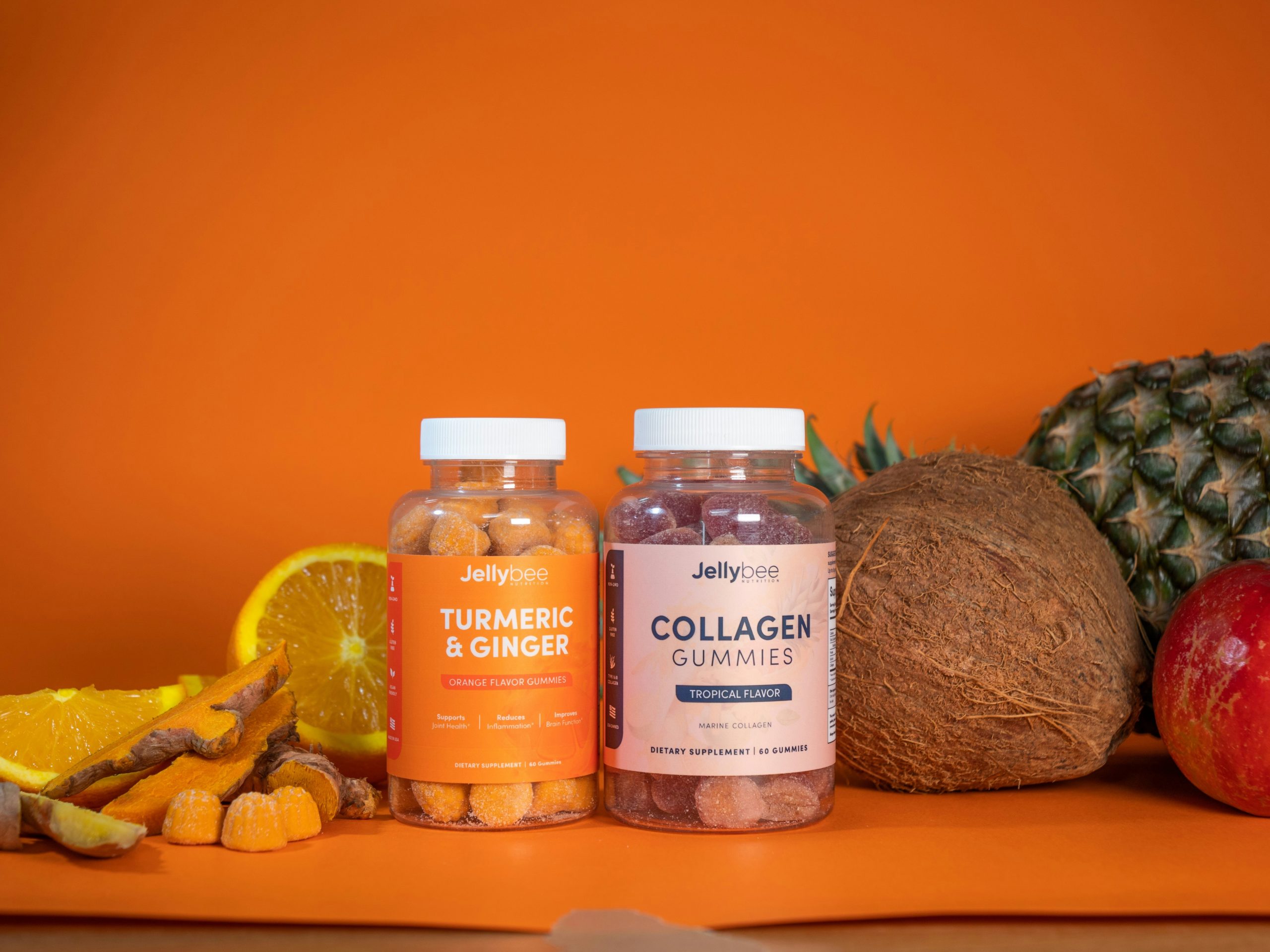Collagen is often referred to as the “fountain of youth” in the world of skincare, and for a good reason. As the most abundant protein in the human body, collagen plays a crucial role in maintaining skin elasticity, firmness, and hydration. However, as we age, our body’s natural production of collagen begins to decline, leading to the development of wrinkles, fine lines, and sagging skin.
In this article, we’ll explore the importance of collagen in skincare, the factors that contribute to its depletion, and effective strategies to boost its production naturally.
The Importance of Collagen in Skincare
Collagen is a structural protein found in the skin, bones, muscles, and connective tissues, providing strength, support, and resilience to the body’s various structures.
In the skin, collagen fibers form a network that helps maintain its firmness, elasticity, and smoothness. Think of collagen as the scaffolding that holds the skin together, preventing it from sagging and wrinkling.
As we age, our body’s ability to produce collagen naturally decreases, leading to a loss of skin elasticity and the formation of wrinkles and fine lines.
Factors such as sun exposure, smoking, pollution, and poor dietary choices can further accelerate collagen depletion, hastening the aging process and contributing to premature signs of aging.
How to Boost Collagen Production Naturally
While the natural aging process is inevitable, there are several strategies you can employ to boost collagen production and maintain youthful-looking skin:
1. Eat a Collagen-Rich Diet
One of the most effective ways to support collagen production is by consuming a diet rich in collagen-boosting nutrients. Foods like bone broth, wild-caught fish, grass-fed beef, poultry, eggs, and leafy greens are excellent sources of collagen, amino acids, vitamins, and minerals essential for skin health. Additionally, incorporating foods high in antioxidants, such as berries, citrus fruits, and nuts, can help protect collagen fibers from damage caused by free radicals.
2. Use Collagen-Boosting Skincare Products
Using skincare products formulated with collagen-boosting ingredients can help stimulate the production of new collagen fibers and improve skin elasticity.
Look for products containing ingredients like retinol, vitamin C, peptides, hyaluronic acid, and niacinamide, which have been shown to promote collagen synthesis and enhance skin firmness and texture.
Additionally, using sunscreen daily can help prevent collagen breakdown caused by UV radiation, preserving the skin’s youthful appearance.
3. Try Collagen Supplements
Collagen supplements, such as collagen peptides or hydrolyzed collagen powder, can provide an additional boost to your body’s collagen production.
These supplements are typically derived from animal sources, such as bovine or marine collagen, and are easily absorbed by the body. Using collagen supplements into your daily routine can help support skin elasticity, hydration, and overall skin health.
4. Practice Good Skincare Habits
Maintaining a consistent skincare routine is essential for supporting collagen production and preserving skin health. Cleanse your skin daily to remove dirt, oil, and impurities that can clog pores and contribute to collagen breakdown.
Exfoliate regularly to slough off dead skin cells and promote cell turnover, revealing fresh, youthful-looking skin underneath. Additionally, moisturize your skin daily to keep it hydrated and supple, which can help prevent the formation of wrinkles and fine lines.
5. Limit Sun Exposure and Avoid Smoking
Excessive sun exposure and smoking are two of the most significant contributors to collagen depletion and premature aging. UV radiation from the sun can damage collagen fibers, leading to the formation of wrinkles, sunspots, and other signs of photoaging.
Similarly, smoking has been shown to accelerate collagen breakdown and impair skin healing, resulting in dull, sagging skin. To protect your skin and preserve collagen levels, limit sun exposure, wear sunscreen daily, and avoid smoking and secondhand smoke whenever possible.
Conclusion
Collagen plays a vital role in maintaining skin elasticity, firmness, and hydration, making it essential for achieving a youthful and radiant complexion. While collagen depletion is a natural part of the aging process, there are several strategies you can employ to boost collagen production naturally and preserve skin health. By consuming a collagen-rich diet, using collagen-boosting skincare products, trying collagen supplements, practicing good skincare habits, and minimizing sun exposure and smoking, you can support collagen synthesis and maintain youthful-looking skin for years to come.
FAQs
Q1: Can collagen supplements improve skin elasticity and hydration?
Yes, collagen supplements can help improve skin elasticity and hydration by providing essential amino acids and nutrients necessary for collagen synthesis. However, results may vary depending on individual factors such as age, diet, and lifestyle habits.
Q2: How long does it take to see results from collagen-boosting skincare products?
The timeframe for seeing results from collagen-boosting skincare products can vary depending on the product’s formulation, your skin type, and other factors. In general, you may start noticing improvements in skin texture and firmness within a few weeks to months of consistent use.
Q3: Are there any side effects associated with collagen supplements?
Collagen supplements are generally considered safe for most people when taken as directed. However, some individuals may experience minor side effects such as digestive discomfort or allergic reactions. It’s essential to consult with a healthcare professional before starting any new supplement regimen, especially if you have underlying health conditions or are pregnant or breastfeeding.
Q4: Can collagen production be stimulated through skincare treatments like microneedling or laser therapy?
Yes, skincare treatments like microneedling and laser therapy can stimulate collagen production by creating controlled injuries to the skin, triggering the body’s natural healing response. These treatments can help improve skin texture, reduce wrinkles, and enhance overall skin tone and elasticity when performed by a qualified skincare professional.
Q5: Is it possible to overdo collagen supplementation?
While collagen supplementation is generally safe for most people, it’s essential to follow recommended dosage guidelines and not exceed the recommended daily intake. Excessive collagen supplementation may lead to digestive issues, allergic reactions, or other adverse effects. As with any supplement, it’s best to consult with a healthcare professional before starting a new regimen, especially if you have underlying health conditions or are taking medications.



